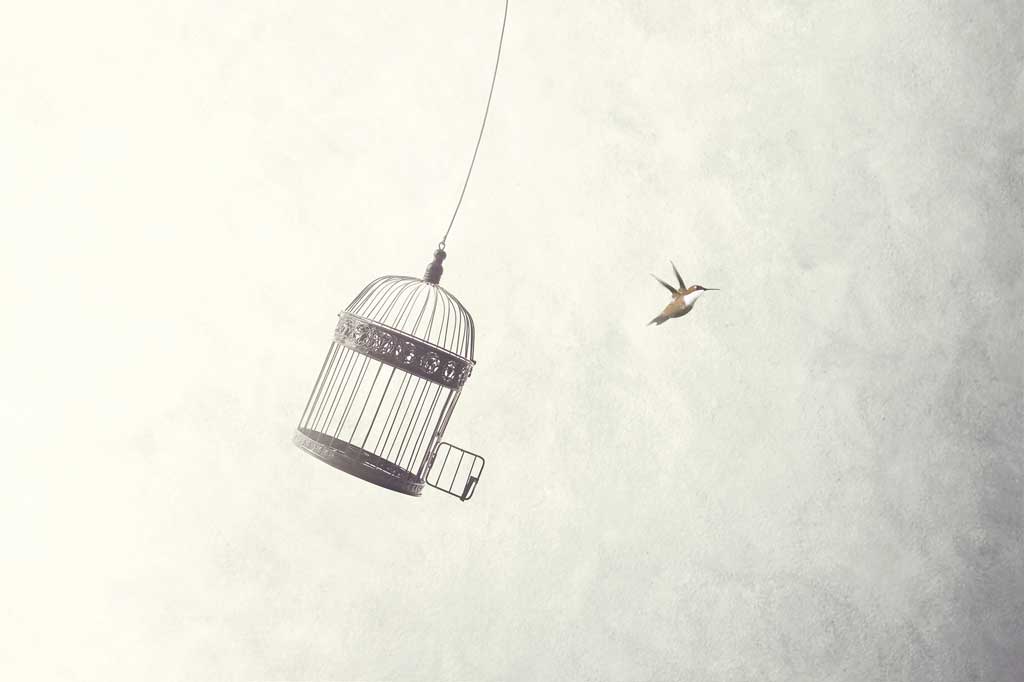
Why are expert witnesses stopping work? Mark Solon reports
One third of expert witnesses have considered stopping their work as an expert witness and two thirds of experts would stop doing legal aid work if expert witness fees were further reduced. These are two of the findings from the expert witnesses surveyed in The Times & Bond Solon 2018 Expert Witness survey.
They wrote: ‘More complex work, fewer hours, less pay, shorter deadlines, more pressure, more administration....Very demanding and not worth the stress of my life....Not getting paid and the increasing tension of reducing fees.... Solicitors sometimes do not accept/understand how much time a complex case can take.’
We must remember that expert witnesses have a day job and expert witness work is a secondary source of income. If the expert’s fees are too low, experts have to decide whether the case is worth their time and worth coping with the stress of respecting the tight deadlines set by the court. Also, since the judgment in Jones v Kaney [2011]









